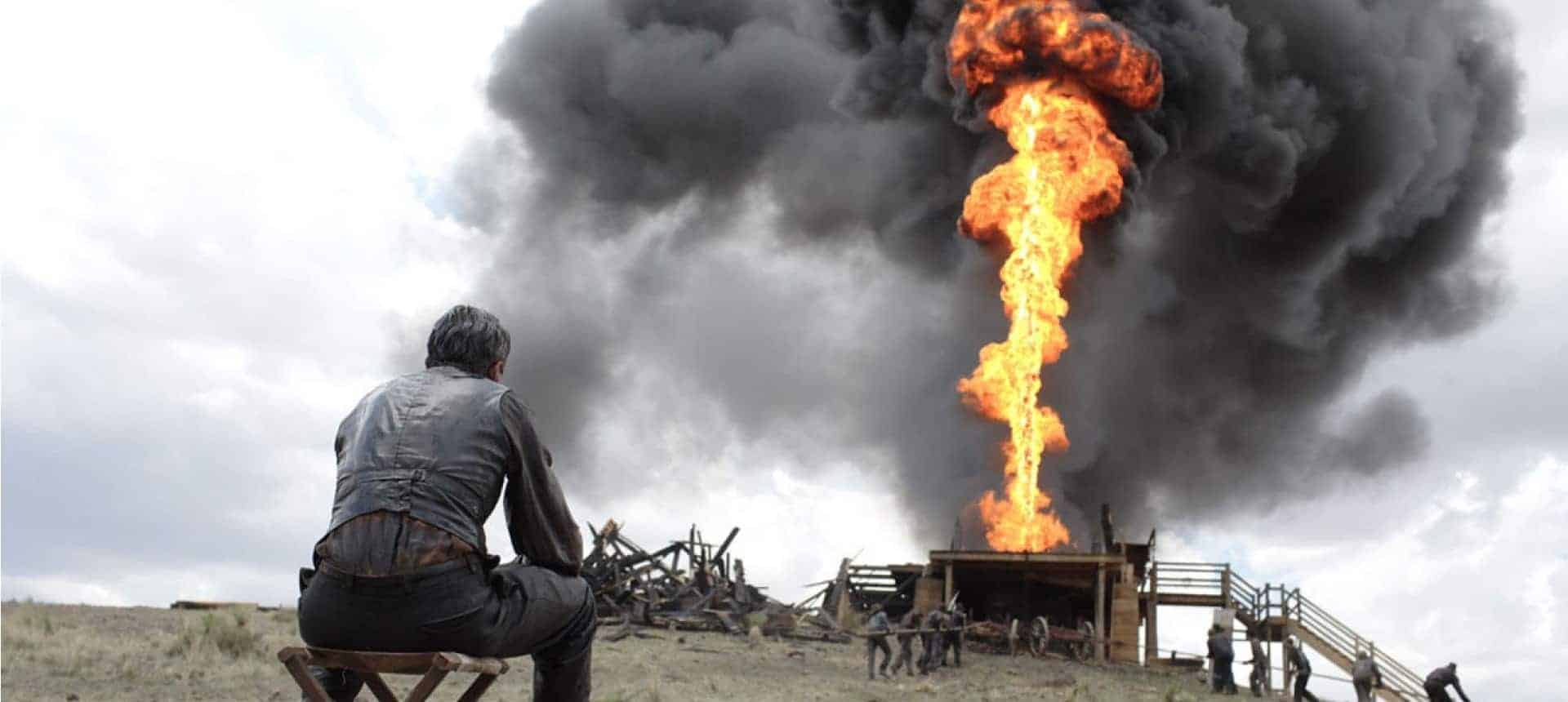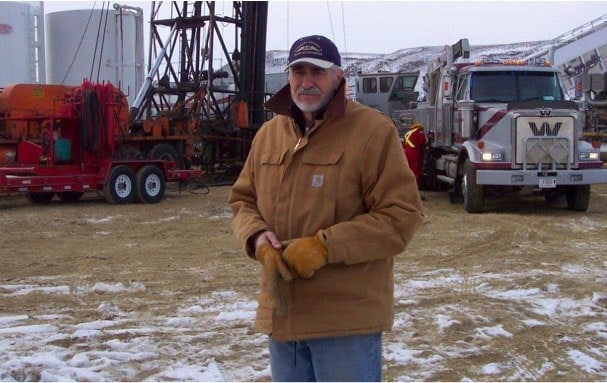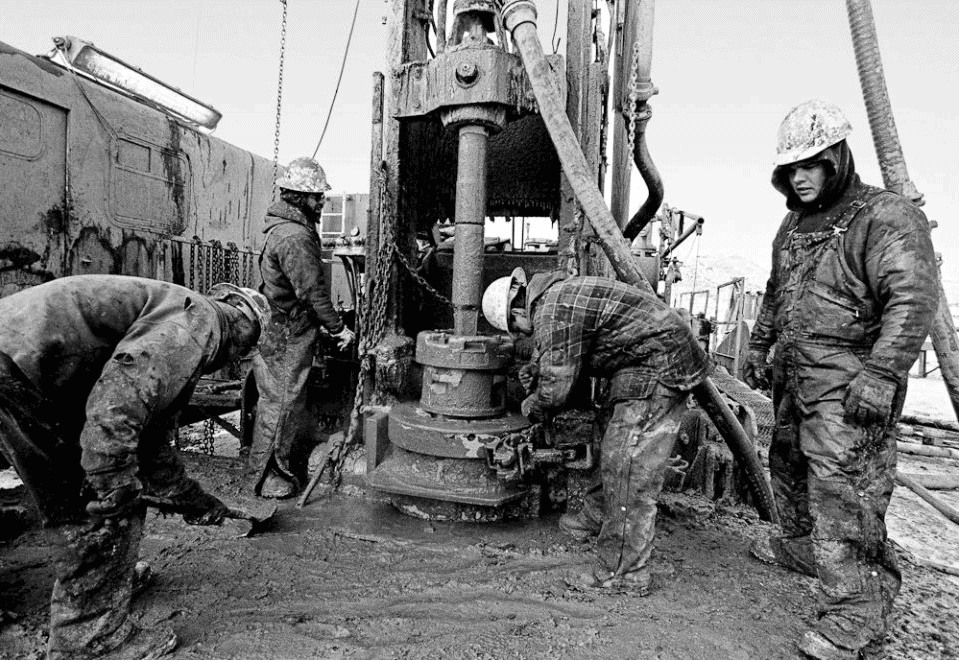House Revenue Committee kills oil and gas tax break
Senate President Eli Bebout (R-Riverton) and several other Wyoming oilmen groveled before the House Revenue Committee this morning on behalf of a tax break for oil and gas companies that passed the Senate last week.
But their proposed severance tax cut went down in flames on Monday, with a 3 – 6 vote.
“I’ve heard loud and clear from my constituents. Now is not the time to give a tax break. It doesn’t make sense to people.”
Bebout and his cronies were successful this year in keeping any proposed tax increases off the table. But they couldn’t convince the committee to help line their industry’s pockets by cutting the severance tax in half.
Bebout laid out his general pitch, portraying an oil and gas tax break as an incentive for industry. But supporters said there’s no proof it would work.
“It seems like a lot of good intentions in this bill, but there’s no empirical evidence that severance tax exemptions drive production,” said Phoebe Stoner, executive director of the Equality State Policy Center.
A hope-based strategy
Senate File 98 would have lowered the severance tax rate for oil and gas from 6 percent to 3 percent. Bebout explained that the break wouldn’t go into effect for two years, giving companies the chance to get in a good financial position before the exemption kicked in.
Rep. Mike Madden (R-Buffalo), committee chairman, asked him why he chose to make the tax exemption effective after two years.
“I’m an optimistic guy,” Bebout replied. “You have to be in this business when you operate in Wyoming. We thought that hopefully prices would stabilize over time.”
A last-ditch effort
Bebout admitted that, despite a tax break, companies would likely not drill if prices were low.
“Are they going to be drilling if the price of oil is $40 a barrel? Probably not,” he said. “If it goes to $90 a barrel, I think they would.”
Despite his recognizing that market forces are what dictate oil production levels, he still argued that a tax incentive would stop companies from folding up shop as the market remains stagnant.
“We’ve lost major producers,” Bebout said. “Go over to the Pinedale Anticline. A huge company that’s headquartered in the Netherlands left. We’ve seen companies pull out that have been here forever.”
“Now is not the time for a tax break.”
Bebout is used to using his authority as Senate president to get much of what he wants. But he seemed to recognize that SF-97 wasn’t going to make it out of the House committee.
“A lot of people don’t like [this bill], they think it’s a giveaway,” he admitted.
Nevertheless, he gave it a shot.
“I would like you to think of this like a board of directors,” Bebout continued. “You’re out there with your money, looking where to spend, we want that to be in Wyoming. It’s a big part of what the state does, not only for the jobs they create but the revenue to the state.”
But Stoner, the Equality State Policy Center director, said people already have a “board of directors” – the Legislature.
In addition to failing to make the case that the tax break would have oil producers falling in love with Wyoming again, supporters fumbled the ball on the issue of timing.
“This isn’t the time to cut taxes,” Stoner said. “We’re having a hard time funding education and funding our cities and counties. We’re in an economic hardship.”
Rep. Dan Furphy (R-Laramie) agreed. “I’ve heard loud and clear from my constituents,” he said. “Now is not the time to give a tax break. It doesn’t make sense to people.”
Let’s pass a tax break like the good ol’ days
Former legislator Bruce Hinchey of Casper, director of the Petroleum Association of Wyoming, said the production curve for oil in the state in 2016 was down 17.4 percent. “That’s not just a little drop, it’s a precipitous drop. … Do we need help? Yes, we need some help.”
Furphy stated the obvious: “It seems to me the price of oil is of bigger significance that a 3 percent [severance tax] reduction,” he said.
Bebout’s final argument for the bill was that he and Sen. Drew Perkins (R-Casper)—the same two legislators responsible for this bill—had sponsored a similar measure years ago to give a severance tax exemption to stripper wells. That one passed.
“Looking back, it really did make a difference,” he claimed. “We kept those wells producing instead of shutting them in and plugging them.”
That didn’t carry any weight with the committee, who fortunately prefer to live in the present instead of the past and make laws according to Wyoming’s current economic conditions.






